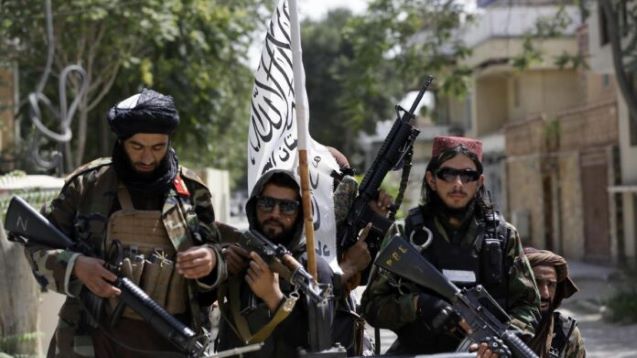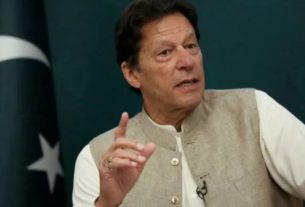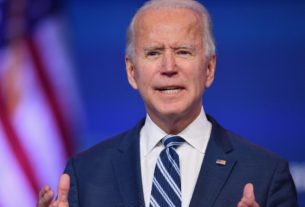The Pakistani state has long used non-state actors as part of its regional policy against neighbors, especially India and Afghanistan. When the Taliban returned to power in August 2021 there was a triumphalism within segments of the Pakistani military-security establishment. That has eroded over the last two years as the chicken have come home to roost.
The Afghan Taliban has, as many analysts predicted, turned out to be a worse neighbor than any of the preceding Afghan regimes and has refused to keep Pakistan’s security interests in mind. As repeated reports of the UN agencies have shown 20 terrorist groups enjoy “freedom of movement under the Taliban’s protection. Of these, the regime’s ties with the TTP are the closest; in fact, they are considered part of the emirate.”
Pakistan’s displeasure with the Afghan Taliban’s accommodating approach to militant outfits like the TTP on its soil is being expressed more sharply than usual as can be witnessed in messages from the top ranks of the civilian and military.
Recently the ISPR released a statement denouncing the “safe havens and liberty of action available to TTP in Afghanistan”. Soon after, Defence Minister Khawaja Asif criticised the Taliban regime for “neglecting its duties as a neighbouring and fraternal country”, and for disregarding the counterterrorism commitments it had made in the Doha peace agreement. “This situation cannot continue any longer.”
In an interesting counter statement, the Taliban asserted that the Doha agreement was signed by the Taliban with the US, not with Pakistan. And hence, they have no obligation towards Pakistan.
For decades Pakistan viewed Afghanistan through the lens of the doctrine of strategic depth but now the doctrine appears to be in reverse: instead of Afghanistan providing Pakistan with safe havens, it is Afghanistan that is providing safe havens to groups that attack Pakistan.__new-pakistan.com





